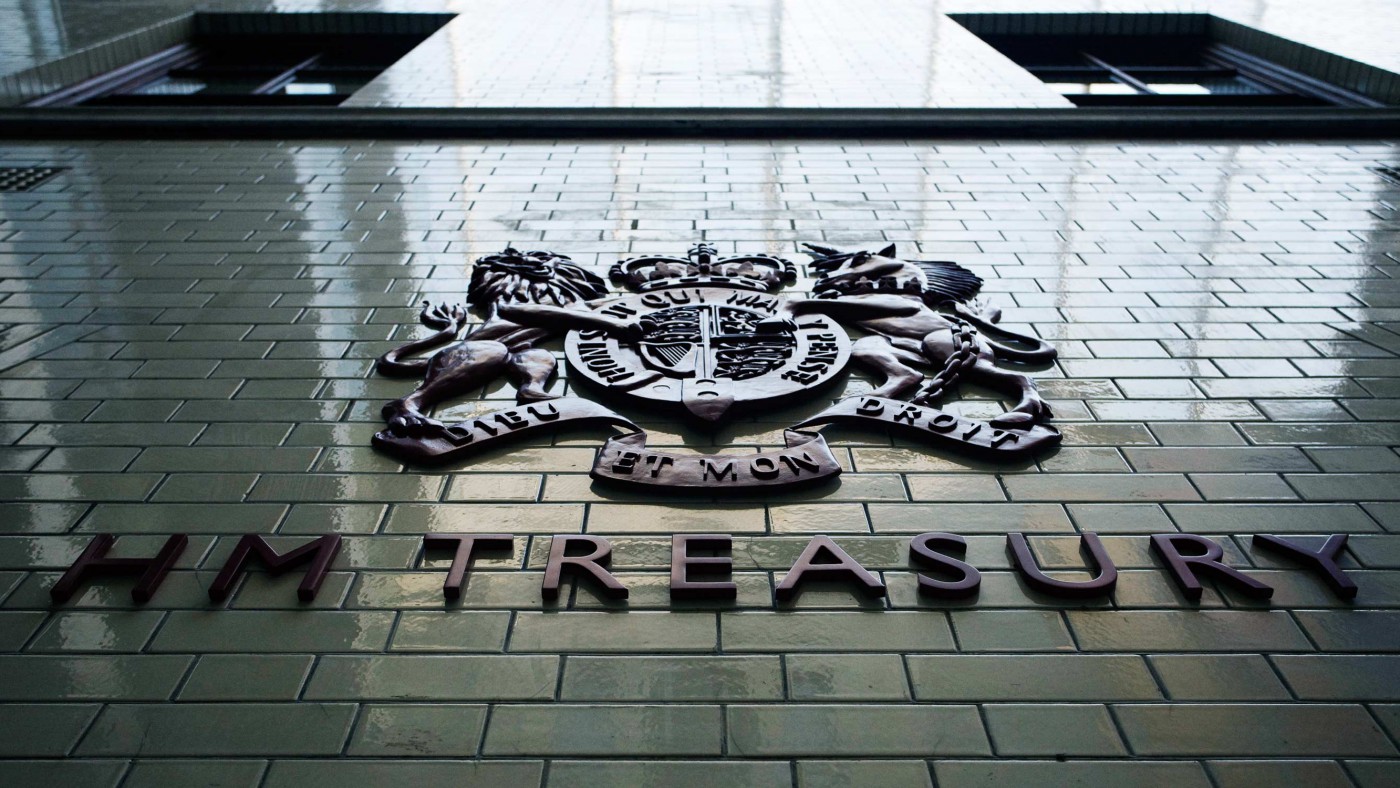The new Chancellor Rishi Sunak’s Budget has landed with a bang. Stuffed full of new measures, giveaways and spending pledges (as well as the odd tax hike), it can be hard to know where to start.
So how best to get a grip on what’s going on here?
The Budget was planned as a trilogy in which the details of major structural changes to fiscal policy would be presented in the Autumn Budget alongside the Spending Review expected to be concluded in July. But rather than a trilogy, it should instead be thought of as the first part of a quartet which includes the Integrated Security, Defence and Foreign Policy Review – which also concludes in July – and which may well set out how trade and investment policies can be better aligned with overall foreign policy aims.
Taken together, this quartet would constitute a strategic re-think of how fiscal policy can be in better harmony with the country’s domestic and foreign policy aims.
The coronavirus has understandably, dominated this Budget, and the immediate priority for the Chancellor is certainly to help those affected. The £30bn of fiscal stimulus announced includes a commitment to increase spending on the NHS as well as help for businesses. Since the economy has effectively been stagnant since October, this fiscal boost could help prevent the economy from contracting.
The Office for Budget Responsibility estimates that the stimulus package raises GDP growth by 0.5%. That’s sizeable since the pre-coronavirus forecast was for just 1.1% growth in 2020. The OECD’s estimate is that coronavirus could halve the growth rate of advanced economies, so it is a fragile period and one in which a fiscal boost is helpful.
Meanwhile, the Bank of England has also announced a slew of measures, including a rare emergency interest rate cut of 0.5% and supporting banks to help small businesses with cashflow problems. Even without restarting quantitative easing, this monetary stimulus will support the economy in an attempt to avoid recession.
As a result, public spending will increase by 2.8% per year, which is twice as fast as the economy is expected to grow. Investment in infrastructure will amount to £640 billion over the next five years. This suggests considerably more borrowing for current and capital spending. Not unexpectedly, the Chancellor announced that the fiscal rules, one of which limits capital spending to 3% of GDP, will be reviewed by the Autumn Statement.
That re-think of fiscal policy towards ‘invest to grow’ marks the end of the focus on austerity which dates from the financial crisis. This shift reflects the fact that concerns over slow economic growth overtaking worries about the debt level.
Still, beyond the immediate horizon, debt incurred to invest will be assessed by the expected returns to economic growth. Since growth depends not only on investment in physical but human capital, this should also include a re-think of what is considered “capital” that can generate future returns (and which therefore justifies more debt-funded investment).
Overall though, better aligning fiscal policy with what you want to grow – and where – is not just beneficial for the domestic economy: it will help the UK’s global position as well. After all, the strength of the UK’s international trade and investment is affected by the productivity of the country’s workers, output, and the consumer market.
For the UK to position itself in the 21st century global economy, it will need to set its foreign economic policies accordingly, since every trade and investment policy has domestic economic consequences, including different impacts on regions or sectors. So, aligning economic diplomacy aims with fiscal policy is sensible. In a previous piece for CapX, I set out some of the ways the UK, as a longstanding financial centre, is well-placed to prosper from its new role outside the European Union, acting as a trade hub for blocs that might not have direct agreements with one another.
This Budget has set out the government’s intent to re-think fiscal policy. At the Autumn Statement the Government has the opportunity, after the conclusion of the Spending Review and the Integrated Review, to ensure that the UK’s fiscal policy aligns with not only its domestic but foreign policy aims, positioning the UK to be that agile trading hub, with a skilled workforce and good infrastructure.
So, it would be helpful to think of this Budget as the first of not a trilogy but a quartet. That would truly be a re-think of fiscal policy.
Click here to subscribe to our daily briefing – the best pieces from CapX and across the web.
CapX depends on the generosity of its readers. If you value what we do, please consider making a donation.


